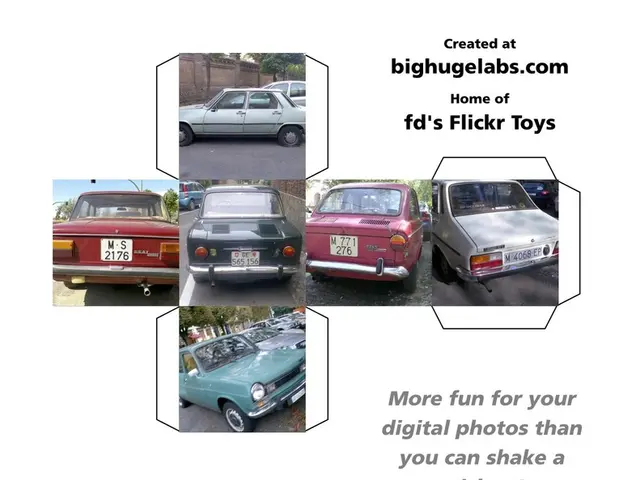Carsharing Boom Reshapes Urban Mobility, Set to Save Millions of Parking Spaces
Urban mobility is transforming, with cityscapes evolving to accommodate changing needs. Parking lots are shrinking, cycling roads are expanding, and pollution and congestion are decreasing, thanks to the rise of carsharing services.
The global carsharing industry is booming. The top 30 providers manage nearly 64% of the fleet and 80% of subscribers. In 2022, the fleet grew by 8.7% and subscriptions surged by 43.8%. By 2027, the fleet is predicted to reach 979,000 vehicles.
In the Netherlands, the shared car fleet is expected to jump from 14,000 in 2015 to 87,825 by 2021, with car-sharers increasing to 971,000. Globally, users are expected to rise from 123.4 million in 2022 to 269.4 million in 2027.
One shared car can replace four to eight private cars and save around 36-38m2 of parking space in urban areas. Advanced telematics and software platforms support this growth, with connected fleets increasing worldwide. Station-based and free-floating are the dominant models of carsharing services.
Carsharing is reshaping urban mobility, with significant growth expected in the coming years. Europe and Asia-Pacific lead this expansion, followed by South America and the Middle East. Despite major car manufacturers exiting the market in 2022, specialized companies are driving the industry forward.
Read also:
- Reconsidering the Approach to Mountain Height Measurement?
- UK automaker, Jaguar Land Rover, to commit £500 million for electric vehicle manufacturing in Merseyside
- Lieutenant Governor Kounalakis joins SoCalGas in unveiling the novel H2 Hydrogen Innovation Experience, a one-of-a-kind demonstration.
- Agroforestry Carbon Capture Verified Through Digital Measurement and Verification Process








